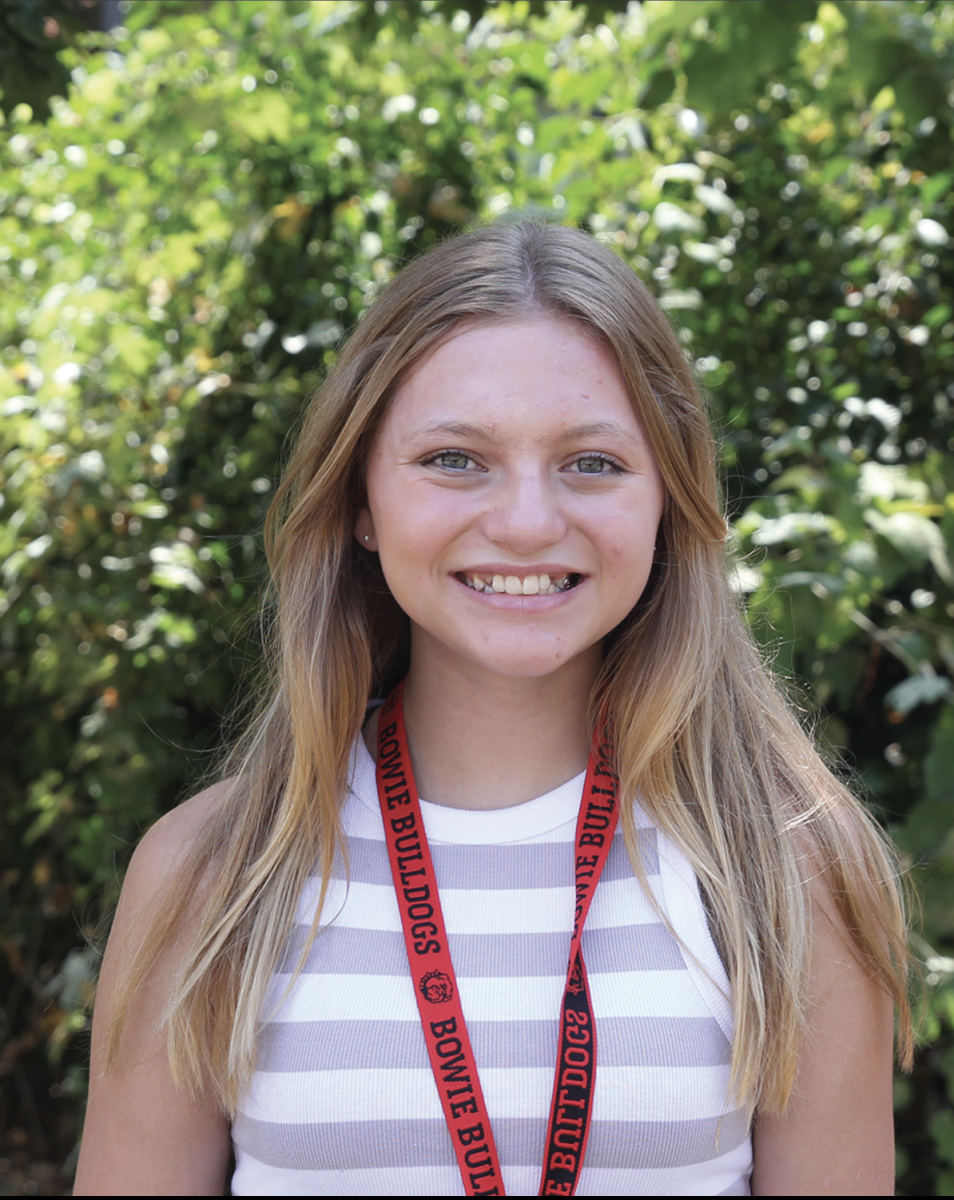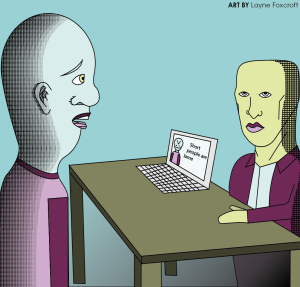John Hahn moves onto the military
June 27, 2019
While students on campus are practicing their skills in order to increase their knowledge, math teacher John Hahn is temporarily trading in his textbooks for a different kind of expertise: military intelligence.
Hahn was activated for operational support from Jan. 16, 2019 to June 13, 2019. Rather than deployment, which is typically a combat role response, activation involves soldiers coming out of reserve status onto active domestic duty, such as training or events like Hurricane Harvey.
“As a reservist, we are in reserve status, meaning we only train two days a month and two weeks in the summertime, so that’s our minimal training time to stay proficient in our jobs,” Hahn said. “Sometimes it works out where it doesn’t line up with the summer—I would say in the 10 years it’s probably happen why [is] it just happens to be the availability for that army course that that I was ordered to go to.”
Hahn’s role in the National Guard is a Military Intelligence Planner.
“As a Military Intelligence Planner, it is my job to provide my commander situational awareness through information collection for him/her to make the best decision available,” Hahn said. “For example, during analysis of any mission, the Intelligence Planner will analyze and inform the commander and staff on the operational variables for the mission’s environment: Terrain, Weather, Enemy situation, and other Civil Considerations. The larger the area of operations (land mass) the more operational variables will likely exist, demanding more planners to collect and analyze information to provide a clear ‘picture’ of the battlefield to the commander.”
Since starting at Bowie in 2009, Hahn has been activated and deployed multiple times with length ranging from several months to over a year.
“As a leader in the National Guard, we usually advise our subordinate soldiers to—when they know an activation or deployment is coming—communicate that to their employer, so I do the same thing,” Hahn said. “I obviously always want to give them as much reaction time as possible because I understand the moves and adjustments that are going to have to be made on both ends. For my employer, they’re either going to fill that gap temporarily with the substitute teacher, do some cross leveling amongst the permanent staff, or hire that position contingent upon my return. [It’s] not my decision to make but it is my responsibility to communicate my pending absence.”
Along with preparing his family and employers for his leave, Hahn made sure provisions were being offered to the students he was leaving as well.
“I think I always think about the students and how they’re impacted,” Hahn said. “There’s never a convenient time for any of this and everybody makes sacrifices, so I always think about the others that are having to adjust. I mean I think I made the decision and raised my hand to serve my country, but it’s another thing for the second and third order effects to affect other people, and so that’s kind of where my emotional investment goes. This is affecting other people’s agenda, you know, and so now friends and family are having to adjust and cover down and help out. It’s just I don’t ever want to burden other people. That’s just a part of my persona.”
While all of Hahn’s classes were affected, the Advanced Quantitative Reasoning (AQR) classes had to alter the structure of the course due to its student-driven classroom dynamic.
“We had to sit down and readjust and figure out how his students were still going to be successful because it’s a different type of class,” math teacher Kelly Flickinger said. “A big piece about this class is it’s not so much a skills-based class. So the purpose is not, ‘Let’s watch this person do a skill and practice this skill over and over again and then be able to show that you know this skill.’ Instead it’s, ‘You’re going to take the skills and tools that you already know and you are going to apply them in a project-based learning situation or in a presentation situation.’ There’s a lot of that questioning aspect that you just have to have a trained seasoned teacher have that we were missing without Hahn.”
Since leaving, his classes have been taught by multiple substitute teachers who coordinate with the math department.
“We recently got a permanent substitute who has taught math before who is very helpful although she has never taught AQR before,” senior Kaitlin Rush said. “It’s been different because AQR is such a unique class and we’ve had to teach ourselves most of it.”
To help students adjust and learn the material, Flickinger set up FIT sessions, used Blend as a co-teacher for the classes, and occasionally split time between her other classes to explain lessons to Hahn’s AQR periods.
“I had to change some of the ways that we would have done some of the topics and had it be a little bit more student-research-piece as opposed to students diving in and the teacher being able to question them through it and having the students do more individual-research-piece and then a whole class discussion at the end,” Flickinger said. “I had to modify a few of the statistics lessons and I told the students ahead of time and I let them know, ‘Hey this is going to look a little bit different’ but I think that it’s going to be what’s in the best interests for both kids.”
Additionally, the curriculum for the remainder of the school year could be potentially changed regarding the material being covered.
“We actually are having the students kind of talk about whether or not we’re going to choose to not do kind of a second piece of the statistic unit where the students go out and actually create their own survey design and observational study and instead we’re going to build in some more finance,” Flickinger said. “We’ve never not done this project but I think that being able to have that additional time for the finance project is going to allow us to hit on some more topics that we actually ran out of time for and I think students are kind of excited. We’re talking about actually tackling some student loan stuff, some home mortgage, and we’ll be able to do some extra tax stuff so that’ll be kind of cool.”
However, these adjustments are likely temporary as Hahn is expected to return to his position at Bowie for the 2019-2020 school year, ready to ensure both of his duties are given the same quality of effort.
“I feel confident in my craft on both ends,” Hahn said. “Just recently [during] the 2016-2017 deployment I was gone for a year and a half, and I when I came back I landed at Akins High School and picked up at the middle of the school year teaching Algebra 1 Pre-AP and academic Algebra 1 and I didn’t feel any degradation of teaching quality. I was able to step right back in in front of students that I had never met and still felt like I was able to lead quality instruction. I don’t feel like I lack confidence in my ability in the classrooms and then within my job in the guard, I feel like I’m definitely with my peers if not above my peers of my paygrade. I feel like I’m trained and prepared to answer the call.”









